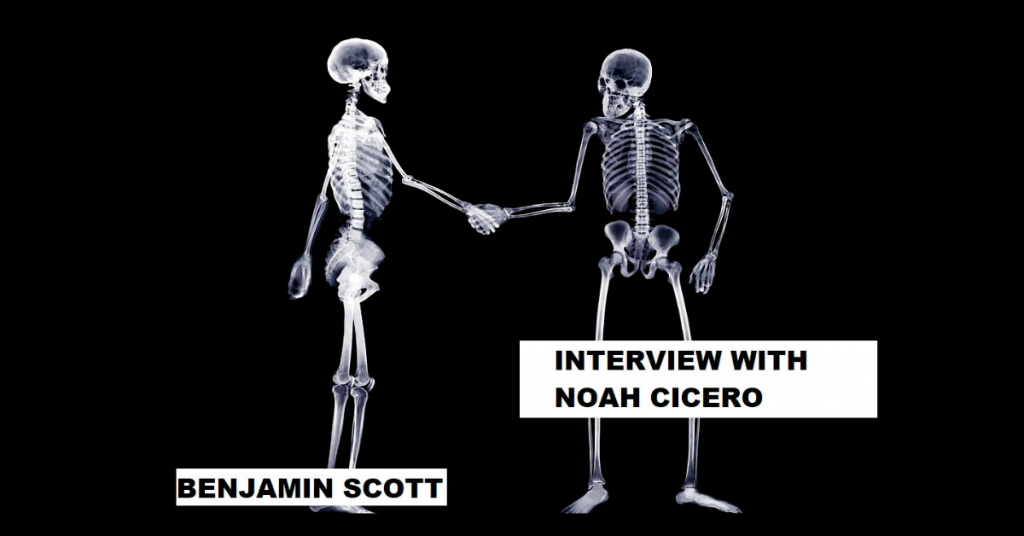
INTERVIEW WITH NOAH CICERO by Benjamin Scott
Noah Cicero has a new book out called Give It to the Grand Canyon, published by Philosophical Idiot in July (available here). It is his first fictional book in several years. I interviewed him about the book, his writing process, and his views on the current state of America. BS: How would you categorize Give It to the Grand Canyon? Is it fiction, a short story collection, a memoir? At first I thought it was a memoir because the narrator doesn’t state his name until a couple chapters in. Are the characters based on people you met? NC: It definitely is…
